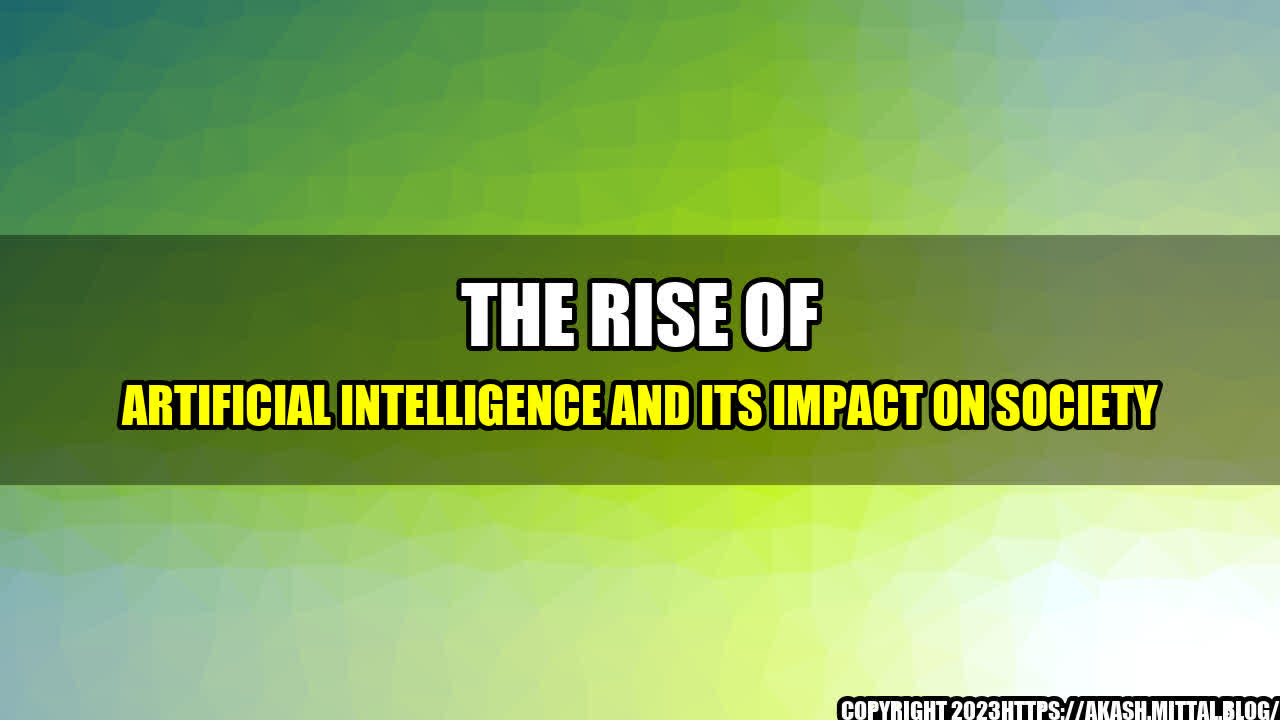
In a hearing before the Senate Judiciary Subcommittee on Oversight of AI Tech Policy, experts gathered to discuss the potential impact of artificial intelligence (AI) on society. As they delved into the rapidly evolving field, and explored potential benefits and risks, it became clear that AI has the potential to shape society like never before.
The hearing began with an interesting story about Sophia, a humanoid robot developed by Hanson Robotics. Sophia has made headlines several times, and at the hearing, she was highlighted as an example of how AI is rapidly advancing. Sophia has the ability to process natural language, express emotions, and even hold a conversation with humans. It was mentioned that Sophia was given citizenship in Saudi Arabia, making it the first non-human to be granted such status.
The experts at the hearing pointed out that AI is already impacting society in several ways. One significant example is the use of AI in the criminal justice system. The algorithms used to predict recidivism, or the likelihood of reoffending, have been shown to have racial biases. This means that people of color are more likely to be labeled as high risk even if they have a low likelihood of committing another crime. This has the potential to perpetuate systemic racism and lead to unjust sentences.
Another example discussed was the use of AI in healthcare. AI can quickly analyze large amounts of data and help doctors identify patterns in patient care that could lead to better outcomes. This has the potential to improve patient care and reduce healthcare costs. However, concerns were raised about privacy and data security.
During the hearing, it was also mentioned that AI is already impacting the job market. A study by McKinsey & Company found that up to 375 million workers worldwide may need to switch occupations by 2030 due to the automation of tasks. This could lead to significant job displacement and require workers to develop new skills.
As the hearing drew to a close, the experts provided three key takeaways:
1. There is a need to ensure that AI is developed and deployed in a way that benefits society as a whole, not just a few large companies.
2. We need to address the potential biases in AI algorithms to ensure they do not perpetuate discrimination or systemic injustice.
3. Policymakers need to keep pace with technological advancements and create regulations that promote innovation while also protecting citizens.
In conclusion, AI has the potential to revolutionize society in ways we cannot yet predict. It is already impacting several areas, including criminal justice, healthcare, and the job market. While there are significant benefits, there are also risks and concerns that need to be addressed. It is important for policymakers, experts, and citizens to work together to ensure that AI is developed and deployed in a way that benefits society as a whole.
References:
Hashtags: #AIimpact #societalchange #algorithmicbias #futureofwork
Category: Technology
Curated by Team Akash.Mittal.Blog
Share on Twitter Share on LinkedIn